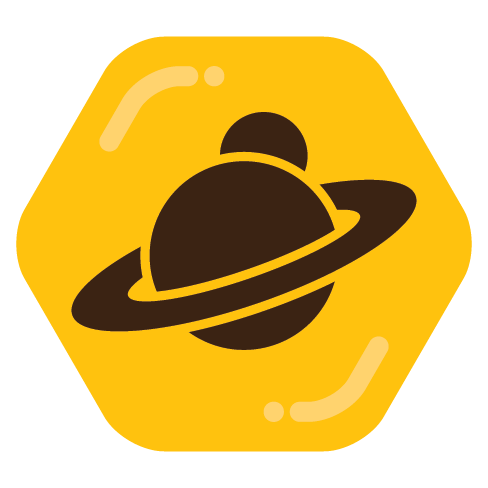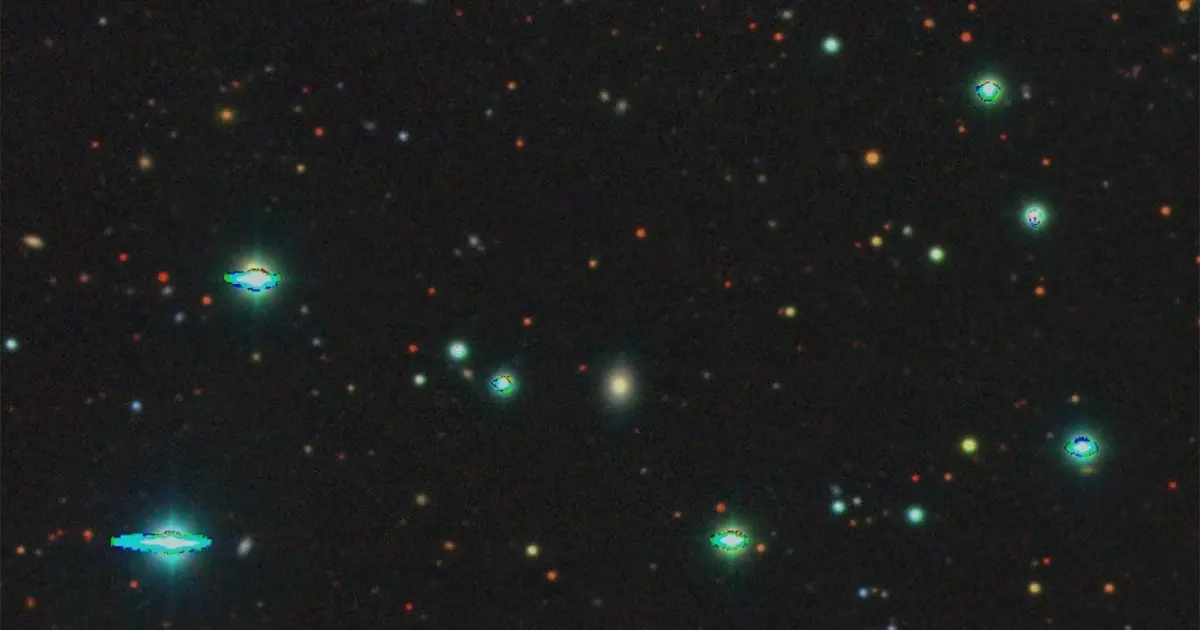That’s cool, though I wonder how many astronomers and astrophysicists will be legitimately bummed by this. On the one hand, you get more data to go over and you have to spend less time searching and potentially missing important events. On the other hand, I’d imagine that staring at the stars is part of the draw of those fields.
We’re way beyond the days where astronomers peered through eyepieces in the middle of the night or spent all day putting photographic plates into a blink comparator to flick back and forth for months on end. I’m sure there are no professional astronomers - and certainly no astrophysicists - who are unhappy to have computers helping them with the tedious work of finding the little speck of light that just turned on among the hundred billion other little specks of light.
The exciting part comes later, once that new information leads to new understanding.
They will still get the opportunity to do observations and imaging.
The tools described in the article are used to help with the analysis of already created images. This is actually an extremely tedious and time-consuming process where it’s not uncommon to rely on volunteer crowdsourcing just due to the sheer volume of pictures. The larger telescopes around the world are almost always taking images of the sky looking for changes for one reason or another.




